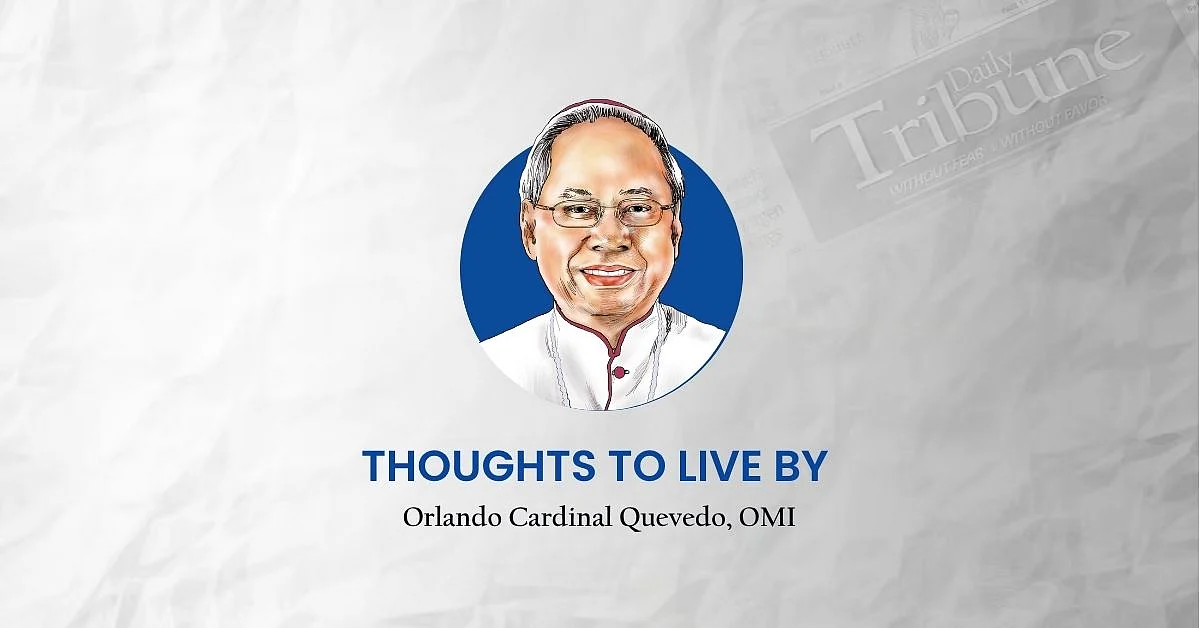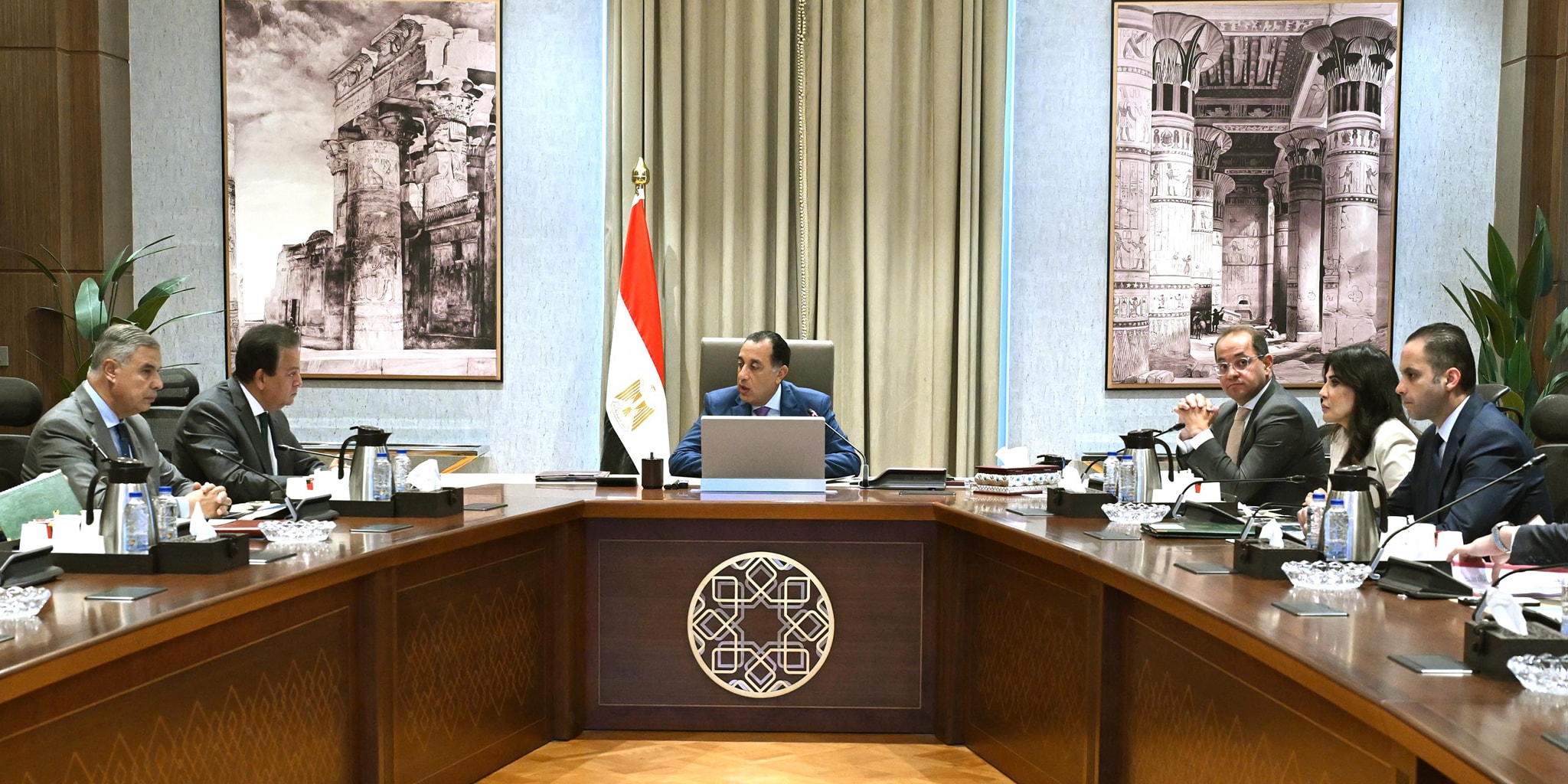By Orlando Cardinal Quevedo CBCP
Copyright tribune

Liturgy of the Word: 1 Tm. 3:14-16; Ps. 111:1-2, 3-4, 5-6; Lk. 7:31-35.Some Notes on St. Robert Bellarmine:1. Roberto Francesco Romolo Bellarmino was born in Montepulciano, Tuscany. His mother was a sister of Cardinal Marcello Cervini, afterwards Pope Marcellus II. 2. He entered the Society of Jesus in 1560 and studied philosophy at the Roman College, Rome. He finished his Theology in Leuven and was ordained there. He quickly gained a reputation as a young and talented professor. When preaching, he drew crowds that included many Protestants.3. Recalled to the Roman College, he taught a course on Controversies. His lectures developed into his monumental treatise “De Controversiis,” “Disputations on the Controversies about the Christian Faith against the Heretics of This Time.” Protestantism felt the blow of his work.4. He went as a theologian with Cardinal Gaetano to France to protect the interests of the Church during the civil wars. While there, he learned that Pope Sixtus was proposing to place “De Controversiis” on the Index of prohibited books. The reason: the book stated that the Holy See had only indirect power over temporals. Pope Sixtus, however, died, and his successor, Pope Gregory XIV, even gave the book papal approbation. 5. From France, Bellarmine returned to the Roman College and guided Aloysius Gonzaga in the last years of his saintly life. He successfully promoted the Beatification of Aloysius. 6. He became a member of the Commission to revise the Vulgate text of the Bible and was made Rector of the Roman College. He became Provincial of Naples. In 1597, Pope Clement VIII made him his personal theologian and, two years later, made him Cardinal, saying that Bellarmine had “no equal in learning.” 7. Ordained Archbishop of Capua by Pope Clement, he spent three years taking care of his flock with great pastoral zeal. Pope Paul V made him a member of the Holy Office and the chief advisor of the Holy See in theological matters. He was involved in several controversies. In the Holy See’s dispute with the Republic of Venice, he defended clerical exemption from civil jurisdiction and the Church’s right to hold temporal properties. 8. In a dispute with the English Calvinist King James I, he opposed the signing of the Oath of Allegiance by English Catholics. In the Galileo controversy, he asked Galileo to submit to the Church’s declaration that his heliocentric theory was contrary to Scriptures. Bellarmine himself thought that Galileo’s theory still had to be proven, and, if proven, the Church had to rethink its interpretation of Scriptures.9. Bellarmine’s thinking on natural human rights had wide influence on political philosophy for 200 years. He was one of the most important figures in the Counter-Reformation. In his final years, he participated in the conclave that elected Gregory XV in 1621. 10. With his health failing, he retired to the Jesuit College of St. Andrew in Rome, and there he died a most holy death on 17 September 1621 at the age of 78. His writings were widely read. Some of these were: “De Scriptoribus Ecclesiasticis” (studies in the Church Fathers and theologians); a Catechism that was used as a standard catechetical text for centuries; “De Arte Bene Moriendi” (the Art of Dying Well); and a spiritual book, “De Ascensione Mentis in Deum” (the Mind’s Ascent to God). 11. He was known for his deep spirituality, his spirit of prayer, his humility, spirit of poverty, and his lavish charity to the poor. He had given away all his money and as a result there was not enough money for his funeral. Pope Pius IX canonized him in 1930 and declared him Doctor of the Universal Church in 1931. As he wished, his remains rest beside Aloysius Gonzaga in the Jesuit Church of St. Ignatius in Rome.12. Prayer — O God, who adorned the Bishop Saint Robert Bellarmine with wonderful learning and virtue to vindicate the faith of your Church, grant, through his intercession, that in the integrity of that same faith, your people may always find joy, through Christ our Lord. Amen.“He who finds God, finds everything; he who loses God, loses everything” (St. Bellarmine).Prayers, best wishes, God bless!



